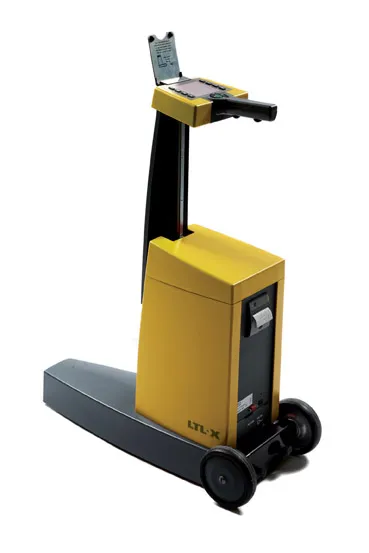In a pilot study being carried out by the Department of Applied Environmental Science (ITM) at Stockholm University, four taxis have been equipped to measure pollution and particulate matter. Instruments fitted to the roof of the taxis undertakes measurements which are then cross referenced with the cars' GPS as they travel around Sweden's capital.
May 9, 2012
Read time: 1 min
In a pilot study being carried out by the Department of Applied Environmental Science (ITM) at Stockholm University, four taxis have been equipped to measure pollution and particulate matter. Instruments fitted to the roof of the taxis undertakes measurements which are then cross referenced with the cars' GPS as they travel around Sweden's capital. According to Christer Johansson, professor at ITM, the longer term vision is for a comprehensive on-board pollution particulate measurement system using hundreds of vehicles, including taxis, buses and other vehicles, connected to the city's active traffic control so that measures can be taken dynamically to reduce congestion and environmental damage.








